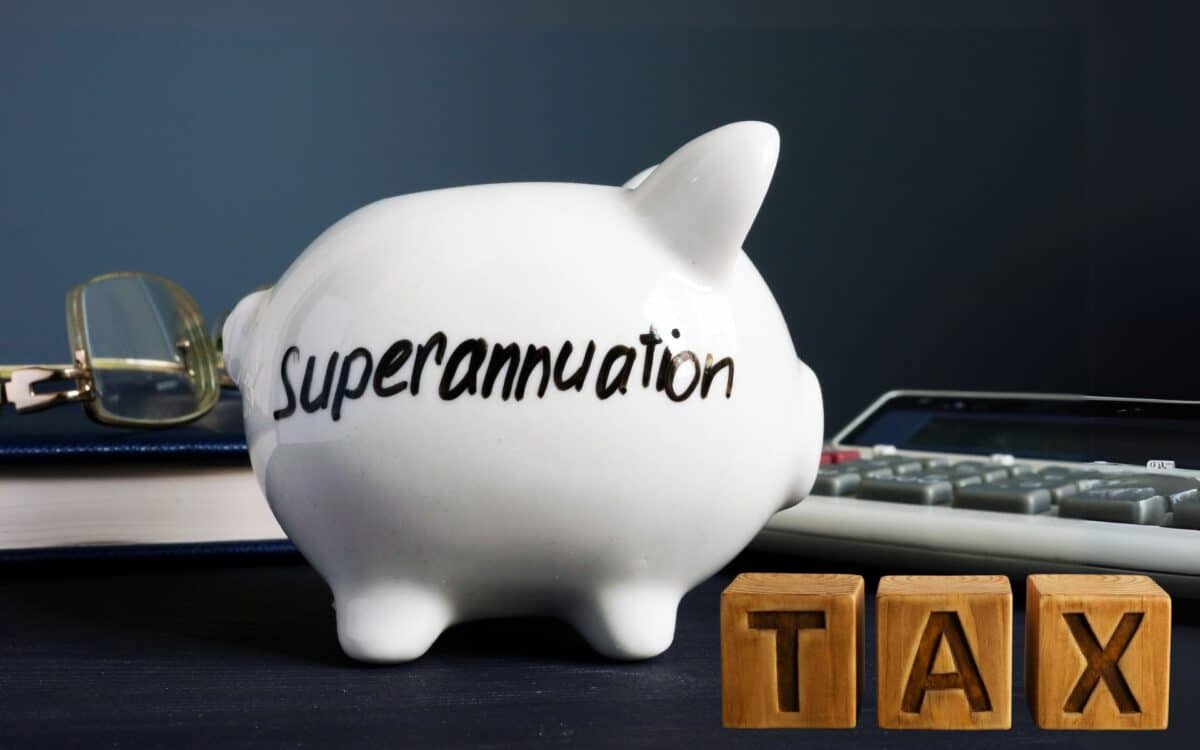The Australian government is advancing a proposal to increase the tax rate on superannuation accounts holding more than 3 million dollars, doubling the current rate for amounts above this threshold. This new measure, referred to as the Super Tax, also aims to tax unrealised capital gains on assets within these super accounts, including properties, shares, and farms.
According to reports by Sky News, the proposed changes could impact a significant number of Australians with high superannuation balances. These developments raise important questions about the management and taxation of retirement savings moving forward.
How the Super Tax Changes Affect Franking Credits
A significant concern revolves around the impact on franking credits, which are tax credits given to avoid double taxation on company profits. Naz Randeria, managing director of Reliance Auditing Services, explained the mechanism in detail during an appearance on Sky News. She stated,
Franking credits are due to the taxes paid by the companies and we avoid double taxation.
These credits are usually refunded to individuals on their tax returns. However, under the proposed Division 296 tax, once franking credits are received, they are credited to the member’s balance in the super fund, becoming part of the net earnings. According to Randeria,
Now the earnings in the member balance will include unrealised capital gains, the cash income that is received and also the franking credits.
This inclusion means that the tax will effectively apply to the franking credits themselves, which Randeria described as a “tax on a tax refund.” She added, “It is ridiculous. It is appalling.”
Historical Background of Franking Credits and Political Context
Franking credits were originally introduced under Paul Keating’s government to prevent double taxation on corporate profits.
Later, the Howard government extended these credits to allow tax refunds for individuals who pay no income tax. In 2019, Labor’s attempt to end certain franking credit refunds contributed to significant political backlash and was a factor in former leader Bill Shorten’s election defeat.
Following Labor’s recent election win, the government is now positioned to pass this legislation, requiring support from the Greens, who have proposed lowering the tax threshold to 2 million dollars, with indexing over time.
Economic and Investment Implications
Experts and investors have expressed concern about the potential effects of taxing unrealised gains and franking credits. Geoff Wilson, founder of Wilson Asset Management, warned of a likely reduction in risk-taking by investors. He told SkyNews.com.au,
People will move away from taking risks. They’ll restructure their investments. It could be more money into the family home or their children’s homes or their primary place of residence or their grandchildren’s homes – Wilson emphasized that this shift would mean
More money away from risk capital and supporting corporate Australia – small and medium-sized companies in corporate Australia. It’s the lifeblood of Australia.
This could reduce investment in startups and small businesses, potentially affecting innovation and economic growth.









